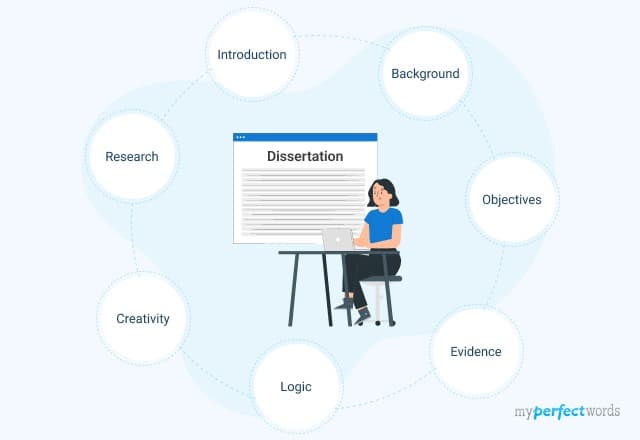
Many students face challenges when it comes to writing an effective dissertation abstract. They often struggle to condense their extensive research into a concise yet informative summary.
A well-crafted abstract can draw readers in, provide a clear overview of your work, and leave a lasting impression. On the other hand, a poorly written abstract may deter potential readers, making it imperative to get it right.
In this blog, we'll provide you with a comprehensive guide on how to write a dissertation abstract that not only meets the necessary academic standards but also captivates your audience.
With expert insights and step-by-step instructions, you'll gain the skills and knowledge needed to create an abstract that stands out.
Let's dive into the art of crafting a winning dissertation abstract.
On This Page![]()
- 1. What Exactly is a Dissertation Abstract?
- 2. How to Write a Dissertation Abstract
- 3. Dissertation Abstract Sample
- 4. Tips for Writing an Effective Dissertation Abstract
What Exactly is a Dissertation Abstract?
A dissertation abstract is a concise summary that provides a snapshot of your entire dissertation.
It's a crucial component, typically found at the beginning of your dissertation, and serves as a teaser or trailer for your research. Think of it as the first impression your work makes on your readers.
In essence, the abstract is your opportunity to convey the essence of your study in a succinct and engaging manner. It should cover the main objectives, methodology, findings, and conclusions of your research. While it might seem like a mere formality, it plays a pivotal role in the academic world and beyond.
Purpose of a Dissertation Abstract
The dissertation abstract has a distinct purpose, serving several vital roles in the academic and research world:
- Snapshot of Your Work
It acts as a concise snapshot of your entire dissertation, giving readers a quick overview of your research. This is especially useful for busy academics and researchers who want to evaluate the relevance of your work to their own studies.
- Discoverability
A well-crafted abstract includes keywords and phrases relevant to your research, making your work more discoverable in academic databases and search engines..
- Clarity and Conciseness
It challenges you to communicate your research effectively in a limited word count. This exercise encourages you to distill complex ideas into simple, clear language, promoting a deeper understanding of your work.
- Decision-Making Tool
For those deciding whether to read your full dissertation, the abstract plays a critical role. It helps readers determine if your research aligns with their interests and needs, saving them time and guiding their choices.
- Academic Significance
In academic and research circles, the abstract can act as a standalone work. Researchers often use abstracts to quickly assess the value and relevance of a study before committing to reading the entire paper.
- Professional Applications
Beyond the academic world, a dissertation abstract can also have professional implications. Potential employers and organizations often use them to assess a candidate's research abilities, critical thinking, and the potential for future contributions.
Dissertation Abstract Structure
The structure of a dissertation abstract is a critical aspect of creating an effective summary of your research.
A well-structured abstract ensures that your readers can quickly grasp the key elements of your study. Here's a typical structure to follow:
- Introduction
- Objective or Hypothesis
- Methodology
- Key Findings
- Conclusions and Implications
- Keywords
Remember that while your abstract should be structured, conciseness is the key. It's a challenge to convey all of this information effectively within a limited word count.
Each section should be using clear and straightforward language. Aim to give readers a sense of what your dissertation is about without overwhelming them with details.
How Long Should a Dissertation Abstract Be?
The ideal length of a dissertation abstract can vary depending on institutional guidelines, but a typical abstract should be concise and to the point.
It's often recommended to keep it within the range of 150 to 300 words. While some institutions might allow slightly longer abstracts, it's crucial to remain as concise as possible.
The goal is to provide a comprehensive summary of your research while being mindful of the limited word count.
How to Write a Dissertation Abstract
Writing an abstract is an art that requires precision and conciseness. To create an abstract that engages readers and accurately represents your research, follow these guidelines for each section:
1. Introduce the Research Problem
Begin with a compelling introduction that clearly states the research problem or question your dissertation addresses.
Provide context by briefly explaining the background of the study and why it's important. The introduction should draw readers in and make them want to learn more.
Example: In the field of environmental science, the impact of climate change on polar bear populations is a critical concern. This dissertation explores the factors contributing to the declining polar bear population in the Arctic region and seeks to understand the implications of these population declines for the broader ecosystem. |
2. State the Main Objective or Hypothesis
After the introduction, present the main objective or hypothesis of your research. This should be a clear and specific statement of what you intended to achieve in your study.
This section sets the stage for what readers can expect in terms of the study's focus.
Example: The primary objective of this dissertation is to analyze the effectiveness of mindfulness-based interventions in reducing symptoms of anxiety and depression among college students. We hypothesize that participation in mindfulness programs will lead to a significant decrease in self-reported anxiety and depression scores compared to a control group. |
3. Describe Your Research Methods
Provide a concise description of the research methods you used. Mention whether your research employed qualitative, quantitative, or mixed methods.
Briefly explain the data collection techniques, sampling methods, and any analytical tools or software used. Keep it informative while being succinct so readers understand your approach.
For instance, if your thesis abstract involved surveys and data analysis, you could say:
This study employed a combination of qualitative surveys and quantitative data analysis. Surveys were conducted among 300 residents of coastal communities to gauge their perceptions of climate change impacts, while statistical models were used to analyze historical erosion data. |
4. Summarize Key Findings
Summarize the most significant findings of your research. Focus on the main results, trends, or discoveries that emerged from your study.
Use quantitative data, statistics, or qualitative insights, as appropriate, to support your findings. Highlight the key takeaways that contribute to your field of study.
For example, your thesis or dissertation revealed a concerning trend, you could state:
The analysis unveiled a disconcerting trend of a 2.5% annual increase in coastal erosion rates over the past decade, strongly correlating with rising sea levels and an increase in the frequency of extreme weather events. |
5. Conclude and Discuss Implications
Conclude your abstract by summarizing the conclusions you drew from your research. Discuss the broader implications of your findings and their significance.
Answer the "so what" question – explain why your research matters, both academically and practically.
6. Include Relevant Keywords
Include a list of relevant keywords or phrases. These are crucial for ensuring your work is discoverable in academic databases and search engines.
Choose terms commonly used in your field and reflect the main themes of your research.
Take a look at this dissertation abstract example for a more comprehensive understanding
Title: The Impact of Online Social Networks on Interpersonal Relationships: A Multidisciplinary Analysis This dissertation examines the profound influence of online social networks on the nature of interpersonal relationships in the digital age. As digital technologies and online communication platforms have become integral parts of modern life, questions surrounding their impact on social interactions and human connections have gained significance. This research employs a multidisciplinary approach, drawing from fields of sociology, psychology, and communication studies to investigate how online social networks affect the quality, quantity, and dynamics of human relationships. The primary objectives of this research include:
The methodology employed combines surveys, in-depth interviews, and content analysis of social media platforms, involving a diverse sample of participants from various demographic backgrounds. The findings suggest that while online social networks offer unprecedented opportunities for connecting with others, the quality of these connections can vary significantly. In conclusion, this study contributes to a deeper understanding of the complex interplay between online social networks and interpersonal relationships. This research provides valuable insights for individuals, educators, policymakers, and practitioners seeking to navigate the evolving landscape of digital communication and maintain meaningful human connections in the 21st century. |
Dissertation Abstract Sample
The best way to understand how to write a great dissertation abstract is to look at some examples. These dissertation examples will help you understand how a good abstract is constructed.
Tips for Writing an Effective Dissertation Abstract
Crafting a compelling dissertation abstract is essential to grab the attention of your target audience and provide a clear overview of your research.
Here are some valuable tips to ensure your abstract is effective:
- Clarity and Brevity: Keep your dissertation or thesis abstract clear and concise. Avoid jargon or overly technical language.
- Focus on Key Information: Highlight the most significant aspects of your research questions. Readers should grasp the main points and relevance of your work quickly.
- Stay within Word Limit: Adhere to the word limit specified by your institution or guidelines. Typically, abstracts are limited to 150-300 words.
- Be Accurate and Honest: Ensure that your abstract accurately represents your research. Don't make exaggerated claims or overstate your findings.
- Edit and Proofread: Carefully proofread your abstract for grammar and spelling errors. A well-edited abstract demonstrates professionalism.
- Consider Your Audience: Keep in mind your target audience, whether it's academic peers, potential employers, or a general readership. Tailor your abstract to their level of understanding.
- Write in the Past Tense: Abstracts typically use past tense when referring to your research, as it has already been completed.
- Seek Feedback: Before finalizing your abstract, get feedback from peers, advisors, or writing experts. Their insights can help refine your content.
In conclusion, the dissertation abstract serves as a powerful gateway in the world of academia. It's the gateway to your research, the lens through which your work is viewed by others.
By following a structured approach, focusing on key elements, and adhering to word limits, you can write a dissertation abstract that stands out.
Ready to create an outstanding dissertation abstract that leaves a lasting impression? Get in touch with our dissertation writing service for expert guidance.
Our online writing service has a team of highly qualified writers for all subjects. We can assist you at every step, from formulating a research question to writing a draft and ensuring accurate formatting and citations.
Simply reach out to us and request 'write my essay online' to get custom writing help!

Write Essay Within 60 Seconds!
Use our AI tool to generate high quality essay
WRITTEN BY
Cathy A.
Cathy has been been working as an author on our platform for over five years now. She has a Masters degree in mass communication and is well-versed in the art of writing. Cathy is a professional who takes her work seriously and is widely appreciated by clients for her excellent writing skills.
Keep reading
Dissertation Writing - Guide, Examples & Template
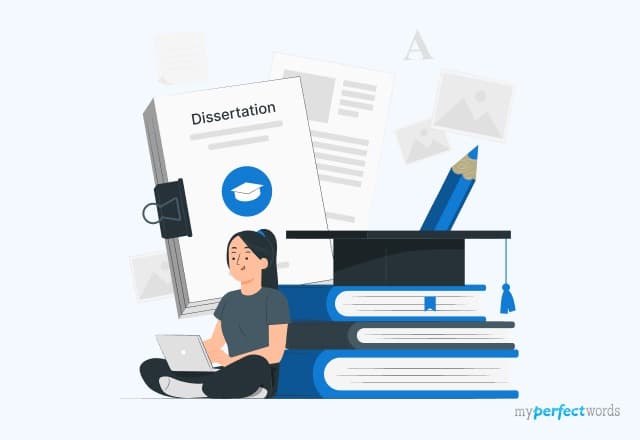
Dissertation vs. Thesis - Differences & Similarities

Extensive Dissertation Topic Ideas for Valuable Research
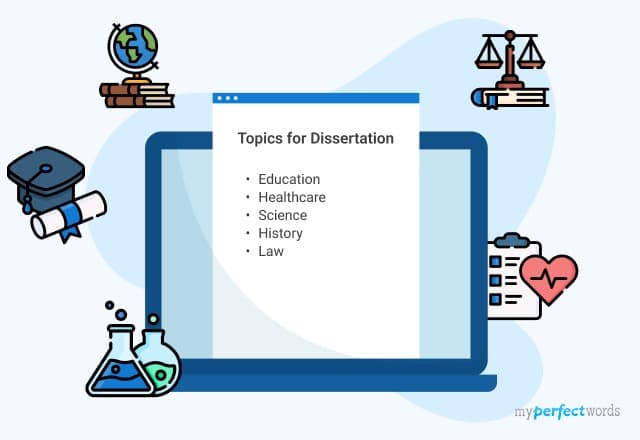
Dissertation Structure - A Complete Guide on Layout
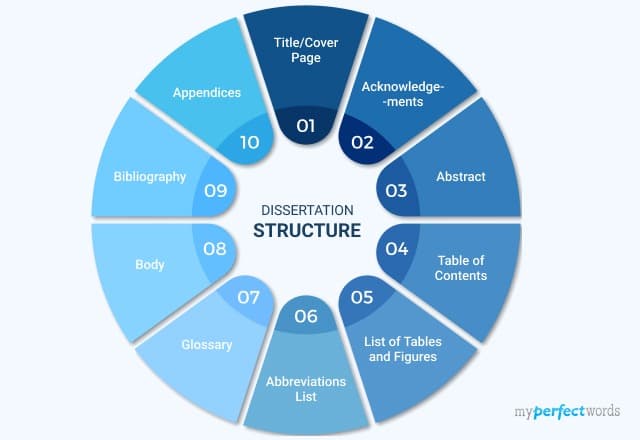
Dissertation Proposal: Writing Guide & Examples
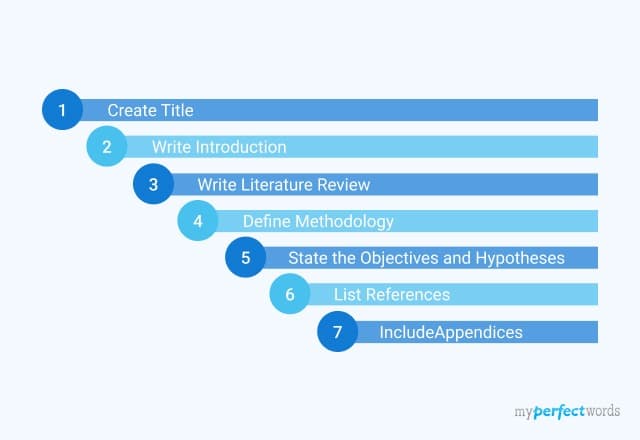
Easy Dissertation Examples for All Students
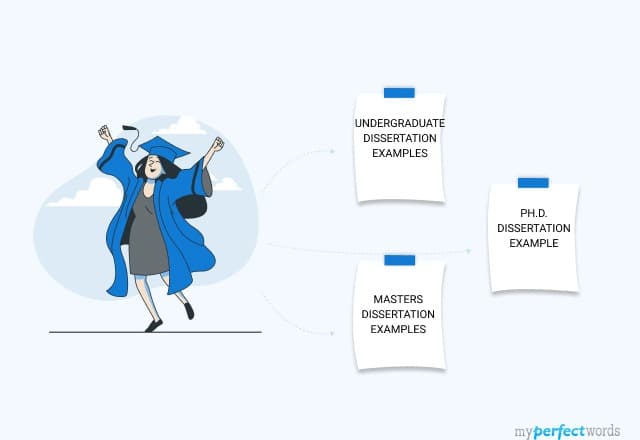
How to Cite a Dissertation in Different Citation Styles
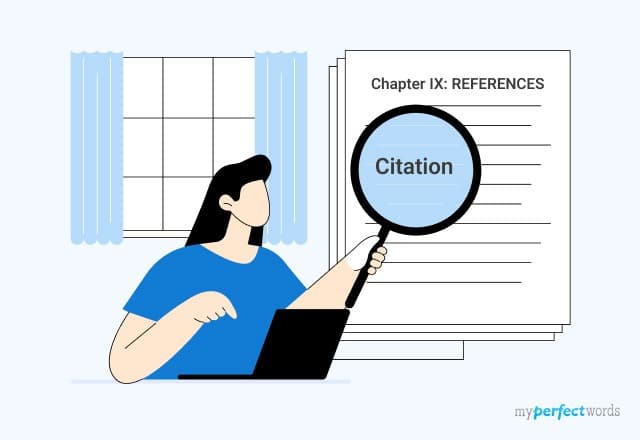
Write Dissertation Introduction With Expert Tips
